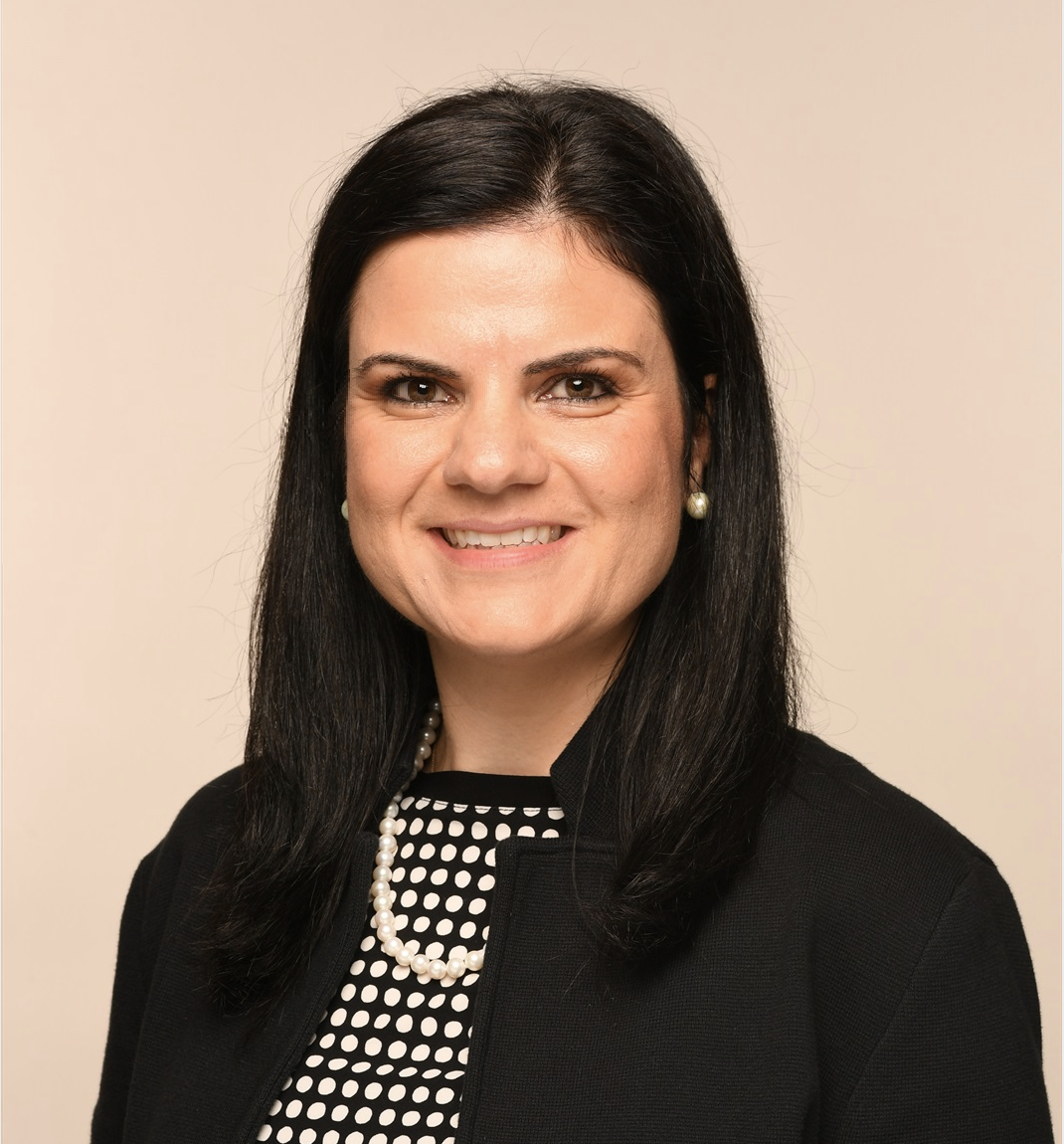Invited Speaker

Associate Professor Ece Uzun at Warren Alpert Medical School of Brown University
Founding Director of Clinical Bioinformatics at Brown University Health
Dr. Ece Uzun is an Associate Professor of Pathology
and Laboratory Medicine at Warren Alpert Medical School of Brown
University and Founding Director of Clinical Bioinformatics at Brown
University Health. She serves as the Deputy Director of Brown Center
for Clinical Cancer Informatics and Data Science (CCIDS). She is
also a member of Brown University Center for Computational Molecular
Biology and Brown University Data Science Institute. She received
B.S in Chemical Engineering at Istanbul Technical University and
M.S. in Biological Sciences and Bioengineering at Sabanci University
in Istanbul, Turkey. She completed her PhD in Chemical Engineering
at Northeastern University, Boston, MA, USA. During her PhD, she
studied mathematical modeling of drug delivery systems. During her
postdoctoral studies at Brown University, she worked on
bioinformatics and computational genetics focusing on
neurodevelopmental disorders and autism.
In addition to her clinical work, Dr. Uzun leads a research group
focusing on development of multi-modal deep learning-based models to
predict cancer recurrence and drug response using clinical, genomic
and whole-slide image data from patients. Her research group also
studies protein-protein interaction networks in cancer for drug
repurposing using genomic and spatial transcriptomics data. Her
research group has developed novel genomic variation detection
algorithms and tools. She is the Editor-in-Chief in JMIR
Bioinformatics and Biotechnology journal. She is the Chair of the
American Medical Informatics Association (AMIA) Genomics and
Translational Bioinformatics Working Group and co-Chair of the Women
in AMIA (WIA) Steering Committee.


